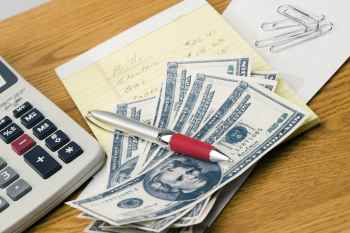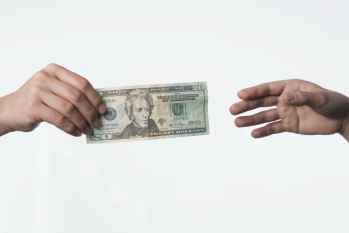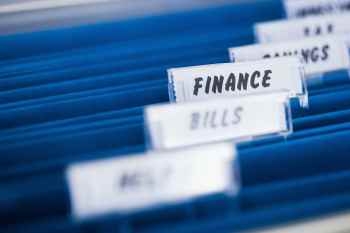A BBC viewer’s poll which asked what they considered the single most significant events that has occurred last century.
Industrial Reserve Army | Nouriel Roubini | Joseph Stiglitz

In the last few decades, the economic climate has shifted dramatically. Globalisation has created an Industrial Reserve Army of millions.
Sir Mervyn King “I think, in emerging market economies, an overwhelming majority vote in favour of what has happened because almost everyone is better off than they were, and would have been. But that’s less evident in the industrialised world where many lower paid people have become even lower paid relative to those who have prospered, and that is a concern.”
Profit-Driven Capitalism | Victorian Working Conditions | John Micklethwait | Slavoj Zizek

Marx was certain Capitalism was sure to fail as oppressed workers would rise up and overthrow the profit-driven Victorian system.
Marx was wrong. He thought it would all get so bad the workers would overthrow the system. Yet even as he was writing, reformers were beginning to get rid of the worst employment practices. Capitalism got kinder, not nastier. But the idea that the competing interests of bosses and workers would cause crises, well, that does seem relevant today.
A Marxist in London | Hampstead Heath | Slavoj Zizek | Martin Jacques

Karl Marx lived out his later years in London, taking leisurely strolls on Hampstead Heath. Still opposed to Capitalism he offered no real alternative.
But anyone looking for a fairer alternative knows they can’t ever repeat what happened east of the Berlin Wall. Dictatorship, political oppression and millions of ruined lives.
Marxist Ideology | Communist Political Prisoners | Capitalism Alternative

For all Karl Marx’s rhetoric that Capitalism is fundamentally flawed, a viable alternative has yet to be found.
He said capitalism would bounce back from crises and reinvent itself, but in the end a compelling alternative would appear, and capitalism would collapse. For all that rings true now in Marx, and that he seems to have been dead wrong.
The Banking System | A Marxist View | Raghuram Rajan | Madsen Pirie

The housing boom resulted in the reckless sub-prime lending by the Banking System and the eventual economic crash we are experiencing today.
But the idea that low wages may have contributed to the crisis is gaining ground, even if the name Karl Marx is as toxic as ever. George Magnus is a senior economic adviser to one of the world’s leading banks.
The Abolition of Capitalism | Tariq Ali | Tristram Hunt | Slavoj Zizek

Karl Marx considered Capitalism to be inherently flawed and the constant need for generating profit would lead to continual crises.
The key point for us is that that driving force of capitalism, the need to earn more and more profit, well, Marx thought that was also a recipe for constant crises.
Karl Marx | The Father of Communism | Masters of Money

Despite being considered the Father of Communism, Karl Marx devoted a lot of his writings to Capitalism.
For Marx, there’s no turning back. He thought there were laws of motion running through human history. Capitalism would produce bigger and bigger crises and then it would collapse. And he believed that the force driving us to this final collapse was the same one that built our world in the first place – the power of money.
Rebalancing the Global Economy | All in it Together | German Automotive Industry

After his death in 1946, John Maynard Keynes left a legacy that changed the world and our understanding of the nature of rebalancing the global economy.
More than anyone, Keynes paved the way for activist government. He said we could and should make the world economy work better. The generation that rebuilt the global economy after the war really were children of Keynes.
New Deal | Great Depression | Hoover Dam | John Maynard Keynes

At the time of the Great Depression, in the so-called New Deal, the Hoover Dam was the largest construction project on the planet. Hoover City was just one of the results.
Hoover Dam might have helped the local area, but it’s actually a myth that the New Deal ended the Great Depression. It took a world war and all the extra government spending that went with that, finally, to bring the economy out of the doldrums.
